How Does A Mental Health Residential Treatment Center in Georgia Work?
Residential mental health treatment in Georgia is a comprehensive approach to mental health care that provides individuals with a structured and supportive environment for healing and recovery. Upon admission to a residential facility, clients undergo a thorough assessment to identify their specific needs and challenges.
Based on this assessment, a personalized treatment plan is developed, tailored to address the unique aspects of each individual’s mental health condition. This plan typically includes a combination of therapy sessions, both individual and group, medication management, and various therapeutic activities designed to promote mental wellness.
Comfortable Amenities
In addition to the personalized treatment plans, residential mental health facilities in Georgia place a strong emphasis on creating a comfortable and nurturing environment for clients. Comfort-based accommodations are provided to ensure that individuals feel safe and at ease during their stay. These may include private or semi-private rooms, access to outdoor spaces, and amenities that foster relaxation and self-care.
Medication Management Services
Medication management and psychiatry is a critical component of the treatment process, with psychiatric professionals carefully overseeing the administration of any prescribed medications to ensure optimal effectiveness and to manage any potential side effects.
The goal of residential treatment is to provide a holistic approach to mental health care, addressing not only the symptoms but also the underlying causes of mental health disorders, ultimately helping individuals to achieve lasting recovery and improved quality of life.
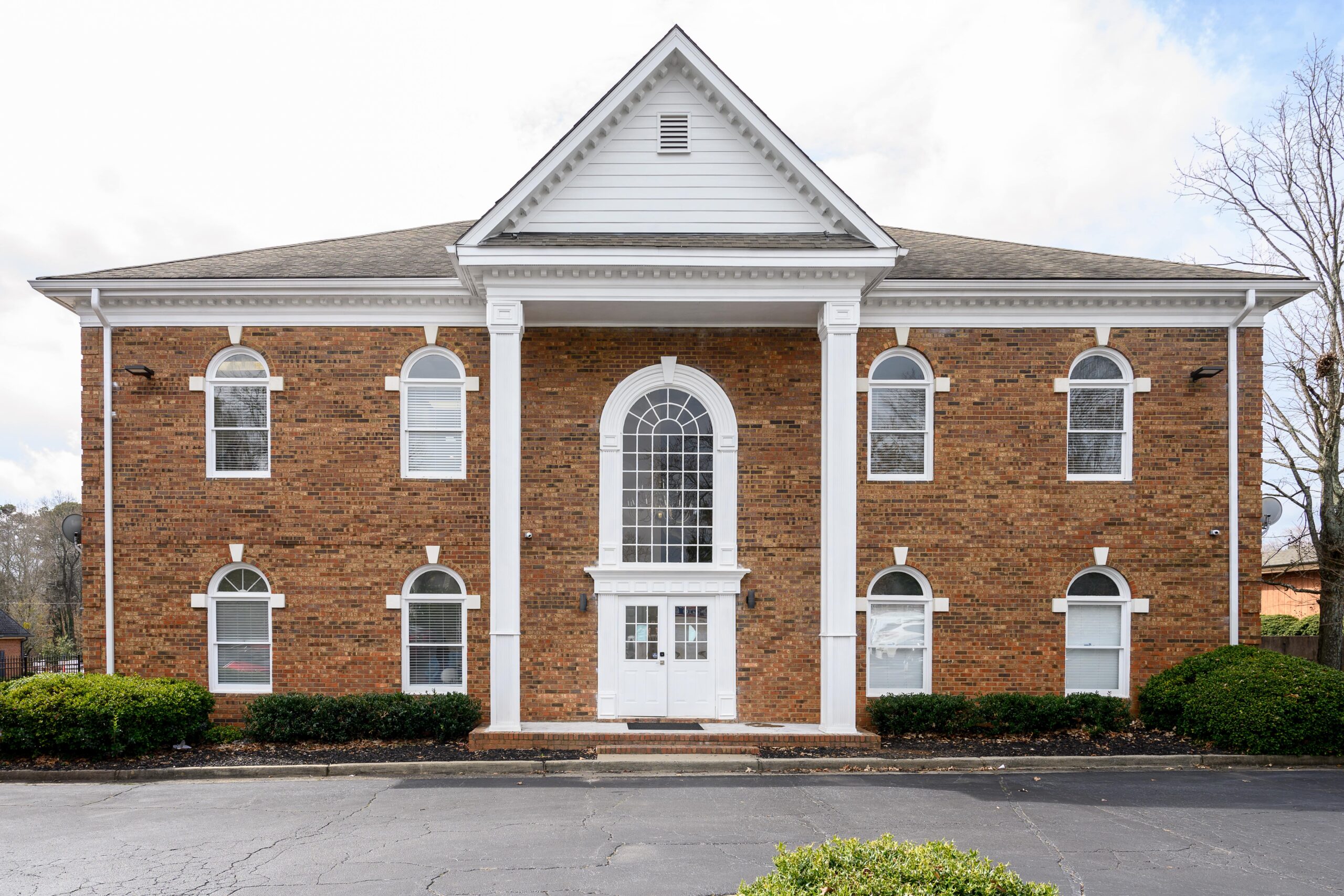
What to Expect at Our Mental Health Facility?
At NABH, clients can expect a supportive and therapeutic environment that promotes healing and recovery. Our facility offers comfortable living accommodations, nutritious meals, and a range of amenities to ensure a pleasant stay. Clients have access to individual and group therapy sessions, recreational activities, and educational programs designed to enhance their coping skills and overall well-being.
Individual therapy sessions provide a private space for patients to work one-on-one with a therapist to explore personal issues, develop coping strategies, and set goals for recovery. Group therapy offers the opportunity to connect with others facing similar challenges, share experiences, and learn from the insights of peers. Family therapy is often incorporated to address relationship dynamics, improve communication, and involve loved ones in the healing process.
Medication management is a key component of treatment, with psychiatrists prescribing and monitoring mental health medications such as antidepressants, antipsychotics, mood stabilizers, or anxiety-reducing drugs to alleviate symptoms and stabilize mood.
Additionally, many facilities offer a range of holistic modalities and complementary therapies, such as art therapy, music therapy, yoga, mindfulness meditation, and recreational activities, to support overall well-being and provide a more comprehensive approach to mental health care.
These various therapies and modalities work together to address the physical, emotional, and psychological aspects of mental illness, ensuring a well-rounded and effective treatment experience.
What Types of Mental Health Disorders Do We Treat?
According to the National Institute of Mental Health (NIMH), “It is estimated that more than one in five U.S. adults live with a mental illness (57.8 million in 2021).” Mental health disorders include several conditions with a broad range of severity. Our residential mental health facility specializes in treating a wide range of mental health disorders.
If you are unsure as to whether or not our facility will meet your needs, contact us directly to learn more.
Depression
Depression is a common but serious mood disorder characterized by persistent feelings of sadness, hopelessness, and a lack of interest or pleasure in activities. It can lead to a variety of emotional and physical problems, significantly impacting a person’s ability to function in daily life. Symptoms may include changes in appetite, sleep disturbances, fatigue, difficulty concentrating, and thoughts of death or suicide.
Depression is often treated with a combination of medication, such as antidepressants, and psychotherapy.
Anxiety Disorders
Anxiety disorders encompass a range of conditions characterized by excessive fear, worry, or nervousness that are difficult to control and often interfere with daily activities. Common types include generalized anxiety disorder (GAD), panic disorder, social anxiety disorder, and specific phobias. Symptoms may include restlessness, rapid heartbeat, sweating, trembling, and avoidance behaviors.
Treatment typically involves psychotherapy, such as cognitive-behavioral therapy (CBT), and may include medications like anti-anxiety drugs or antidepressants.
Bipolar Disorder
Bipolar disorder is a mental health condition marked by extreme mood swings that include emotional highs (mania or hypomania) and lows (depression). During manic episodes, individuals may experience elevated mood, increased energy, reduced need for sleep, and impulsive behavior. Depressive episodes may involve feelings of sadness, hopelessness, and a lack of interest in activities.
Treatment often involves mood stabilizers, antipsychotic medications, and psychotherapy to manage symptoms and prevent mood episodes.
Post-Traumatic Stress Disorder (PTSD)
PTSD is a mental health condition triggered by experiencing or witnessing a traumatic event, such as violence, natural disasters, or severe accidents. Symptoms may include flashbacks, nightmares, severe anxiety, and uncontrollable thoughts about the event. Individuals with PTSD may also experience avoidance behaviors, negative changes in mood and cognition, and heightened reactivity.
Treatment typically involves psychotherapy, such as trauma-focused cognitive-behavioral therapy or EMDR, and may include medications to manage symptoms.
Obsessive-Compulsive Disorder (OCD)
OCD is characterized by persistent, unwanted thoughts (obsessions) and repetitive behaviors or mental acts (compulsions) that an individual feels compelled to perform in response to the obsessions. Common obsessions include fears of contamination or harm, while compulsions may involve excessive cleaning, checking, or counting.
Treatment usually involves a combination of psychotherapy, particularly exposure and response prevention (ERP), and medications such as selective serotonin reuptake inhibitors (SSRIs).
Schizophrenia
Schizophrenia is a severe mental disorder that affects how a person thinks, feels, and behaves. It is characterized by symptoms such as delusions, hallucinations, disorganized speech, and impaired cognitive function. Negative symptoms, such as reduced motivation and emotional expression, are also common. The exact cause is unknown, but a combination of genetics, brain chemistry, and environmental factors may contribute.
Treatment typically involves antipsychotic medications and psychosocial therapies to manage symptoms and improve quality of life.
Eating Disorders
Eating disorders are serious mental health conditions characterized by abnormal eating habits and a preoccupation with food, weight, or body shape. Common types include anorexia nervosa, bulimia nervosa, and binge-eating disorder.
Anorexia involves extreme restriction of food intake, leading to significantly low body weight. Bulimia is characterized by episodes of binge eating followed by purging behaviors. Binge-eating disorder involves recurrent episodes of eating large amounts of food without compensatory behaviors.
Treatment often involves a combination of psychotherapy, nutritional counseling, and, in some cases, medications to address co-occurring mental health issues.
How Long Does Residential Mental Health Treatment Last?
The duration of residential mental health treatment varies depending on the individual’s needs and progress. Typically, stays can range from a few weeks to several months. During residential treatment staff constantly monitors clients to ensure they’re progressing in treatment. Typically a stay at a residential mental health treatment center lasts on an average of 30 days. Once clients are done with residential, they may step down into a Partial Hospitalization Program, Intensive Outpatient Program, Evening IOP, and Outpatient Mental Health Program.
How Do We Treat Mental Health Disorders?
At NABH, we employ a variety of evidence-based treatment modalities to address mental health disorders, including:
- Cognitive Behavioral Therapy (CBT)
- Dialectical Behavior Therapy (DBT)
- Eye Movement Desensitization and Reprocessing (EMDR)
- Medication Management
- Mindfulness and Stress Reduction Techniques
- Holistic Therapies (e.g., art therapy, music therapy)
Benefit of a Residential Mental Health Program
A comprehensive residential treatment program is designed to provide a nurturing and supportive environment for individuals seeking to overcome mental health challenges. Below are some of the key benefits of choosing our facility for your mental health journey.
- A team of mental health professionals, including psychiatrists, psychologists, therapists, and support staff, that are highly experienced and dedicated to providing the highest level of care.
- Each facility we work with is designed to foster a sense of safety, comfort, and community. Residents have access to comfortable living quarters, communal spaces for social interaction, and serene outdoor areas for relaxation and reflection.
- Often, holistic treatment is offered to addresses not only the symptoms but also the underlying causes of mental health issues. Most residential programs include individual therapy, group therapy, medication management, and a range of complementary therapies such as art therapy, yoga, and mindfulness practices.
- We understand that recovery is an ongoing process. Our facility provides a seamless transition from residential to outpatient services, ensuring that individuals continue to receive the support they need after leaving the residential program.
- Residents have access to a wide range of resources, including educational workshops, support groups, and recreational activities. These resources are designed to enhance the treatment experience and support overall well-being.
- Situated in the vibrant city of Atlanta, residential treatment is conveniently located near medical centers, parks, and cultural attractions. The city’s resources and community support further enrich the treatment experience.
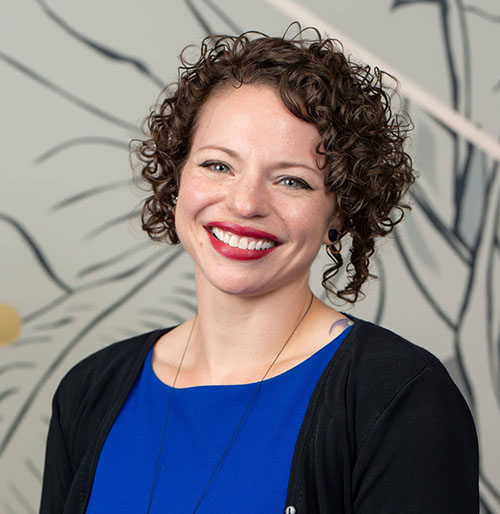
Get Help Now
Begin Depression Treatment in Atlanta Today
Mental health disorders cannot be treated by treating the symptoms alone. We use holistic and evidence-based methods to treat the entire individual.
Facility Image Gallery
Begin Residential Mental Health Treatment in Georgia Today
If you or a loved one is seeking compassionate and comprehensive mental health care, North Atlanta Behavioral Health is here to help. Our residential mental health facility in Georgia is dedicated to providing the highest quality of care and support for those in need.
Contact us today to learn more about our programs and how we can assist you on your path to mental health and wellness.

Treatment Philosophy
North Atlanta Behavioral Health is dedicated to the health and happiness of our clients. We offer personalized treatment plans that put each individual’s needs first.

Meet Our Team
Our multidisciplinary team wants nothing more than for our clients to achieve a lifetime of recovery and sobriety. Let us help you get the most out of treatment.

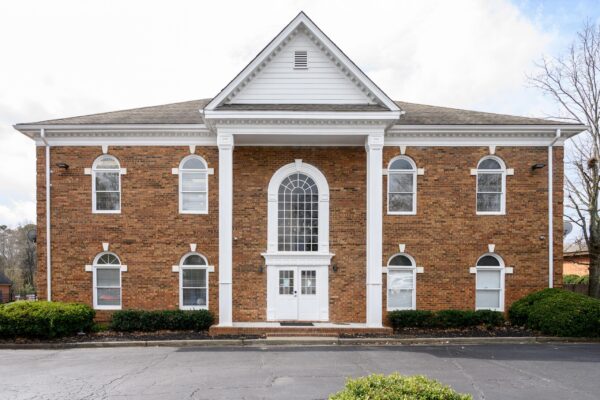
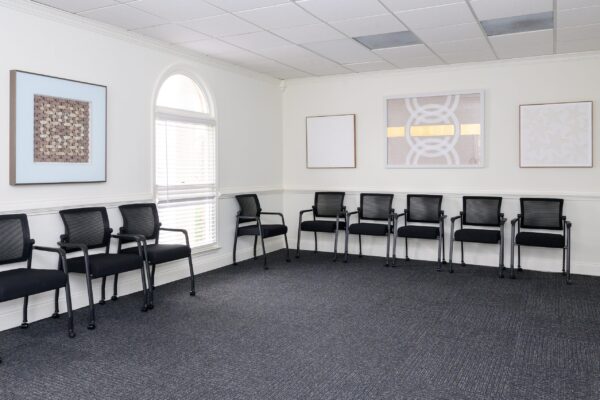
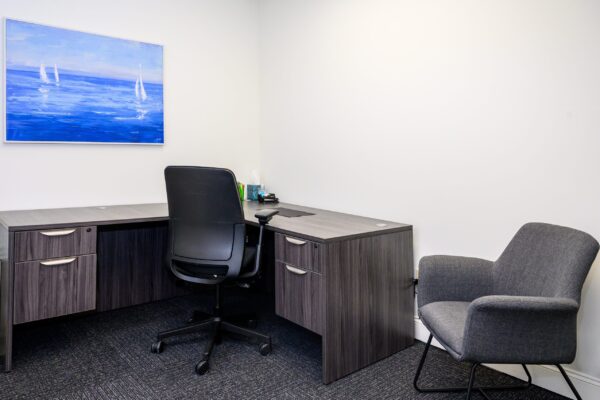
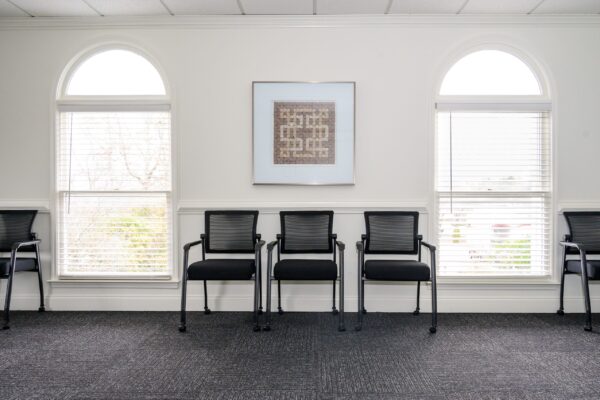
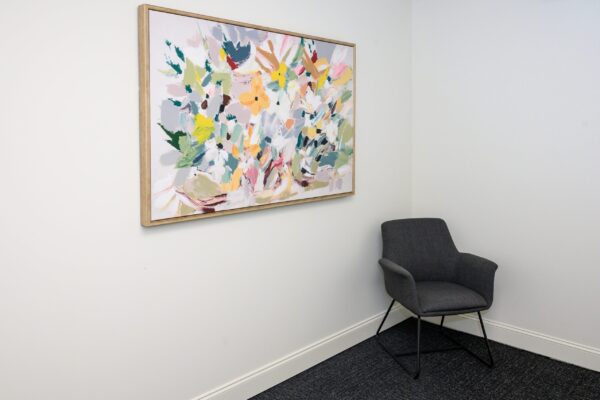
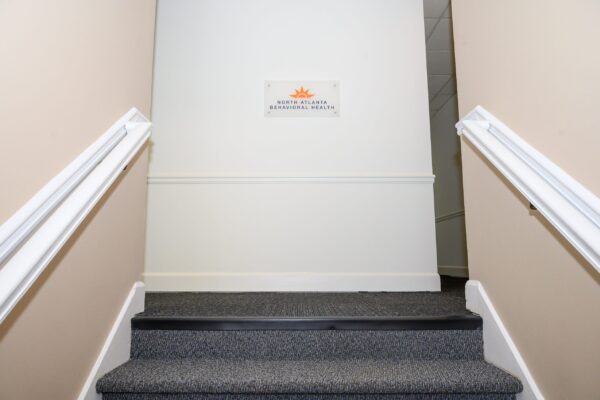
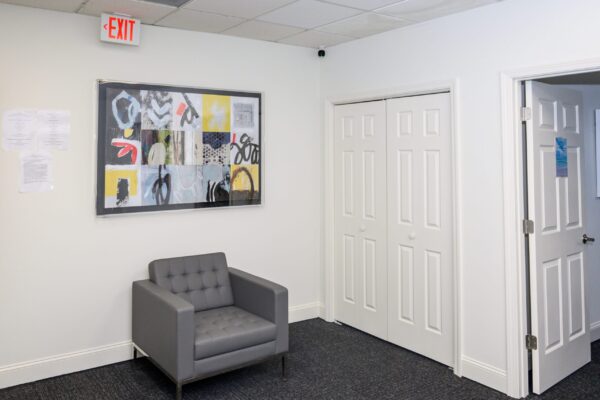
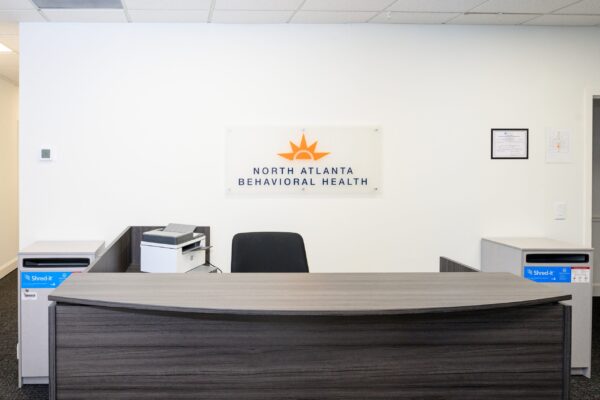
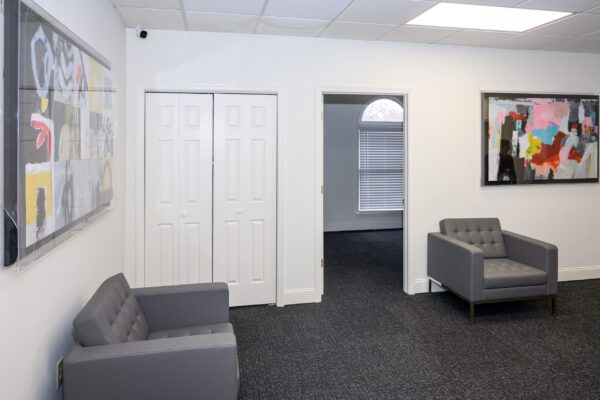
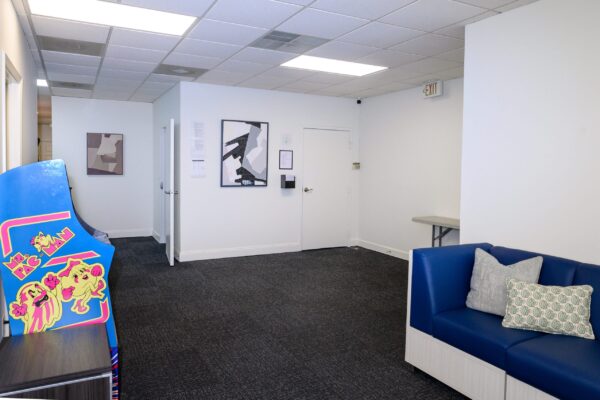
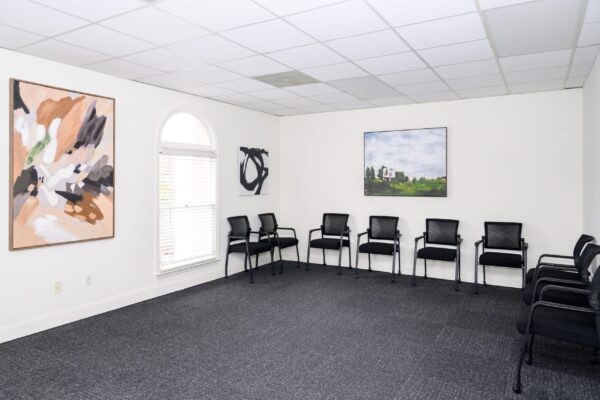
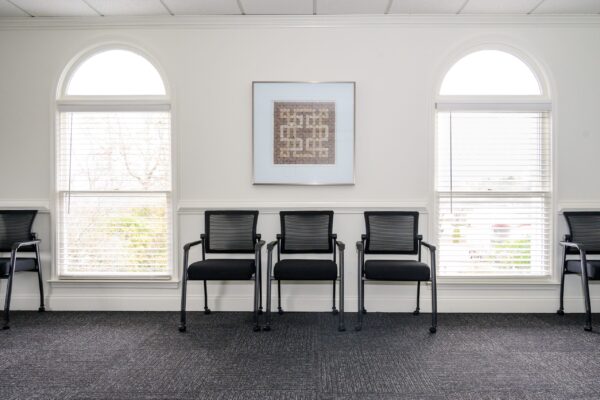
 I have been to my fair share of mental health programs and this one was extremely small, intimate and every staff member I have ever had contact with has been completely professional, compassionate, and caring.
I have been to my fair share of mental health programs and this one was extremely small, intimate and every staff member I have ever had contact with has been completely professional, compassionate, and caring.



